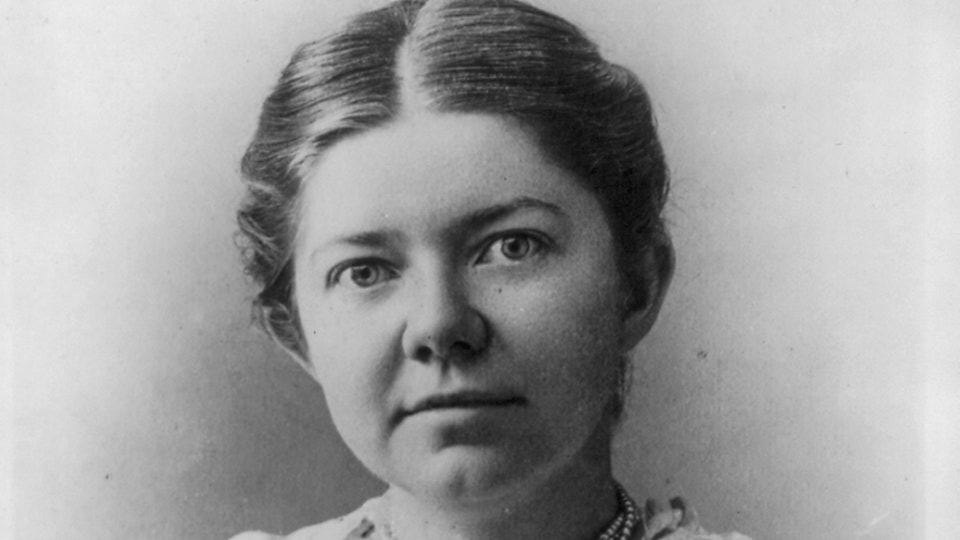
A recent article in the New York Times heralded a new recording of a piano quintet by one of America’s great composers, Amy Beach. Considering that her “Gaelic” Symphony was premiered by none other than the Boston Symphony Orchestra, and she became truly famous and a highly regarded composer in her lifetime, it is certainly worth knowing her music.
Amy Marcy Cheney was born in New Hampshire in 1867 to a prominent New England family. Amy showed early aptitude towards music, knowing multiple tunes by the end of her first year and composing music by age three. She began piano lessons at age six and made her concert debut at age sixteen in 1883 in Boston, playing Moscheles’ Piano Concerto №3 in G minor.
She married Dr. Henry Harris Aubrey Beach in 1885, who was a prominent Boston physician and twenty years her senior. As was unfortunately customary then, Amy agreed to not pursue a solo career and become a society matron and patron of the arts. She only gave two recitals a year and both would be benefits to charity. However, Amy was allowed to pursue composition.
Amy Beach’s first compositional success came 1892 with the performance of her Mass in E-flat Major by the Handel and Haydn Society. Founded in 1815, it was the first time that this ensemble had ever performed anything composed by a female. The critics hailed it as being one of the greatest masses ever composed. It is a great Mass!
Just four years later in 1896, the Boston Symphony Orchestra premiered Beach’s “Gaelic” Symphony, the first symphony composed and published by an American woman. The composer George Whitefield Chadwick wrote to her, “I always feel a thrill of pride myself whenever I hear a fine work by any of us, and as such you will have to be counted in, whether you like it or not — one of the boys.” This unofficial group, which would become known as the Boston Six included Chadwick, John Knowles Paine, Arthur Foote, and Edward MacDowell, Horatio Parker, and now Amy Beach.
Four year after the premiere of Beach’s symphony, the Boston Symphony Orchestra premiered her Piano Concerto, with Beach as soloist. It is an incredibly intense concerto, full of pathos and drama. In short, an excellent concerto!
Surely one of the great chamber works of the beginning of the twentieth century is Amy Beach’s Quintet for piano and strings in F-sharp minor. Like her piano concerto, and also greatly influenced by Brahms, it is music of intense emotion. I love this work!
And another truly excellent composition is her Violin Sonata in A Minor, Op. 34, written in 1896.
Beach composed an important, and her longest, work for solo piano in 1904 in response to the revolts happening in Balkans to Ottoman rule, the Variations on Balkan Themes. Beach created the variations out of not one but four themes given to her by a missionary to the Balkans: O Maiko Moyá, Stara Planina, Nasadil ye Dadó, and a lament entitled Macedonian.
As with many composers during this time, however, Beach was most known for her songs, of which she wrote close to 150. In fact, her song Ecstacy from 1892 was so popular that its royalties bought a cottage on five acres on Cape Cod. Here is a wonderful collection of her songs, including Ecstacy.
Beach retired in 1940 and passed away in New York City, December 27, 1944. She left an enormous legacy that we as a country have yet to fulfill.
